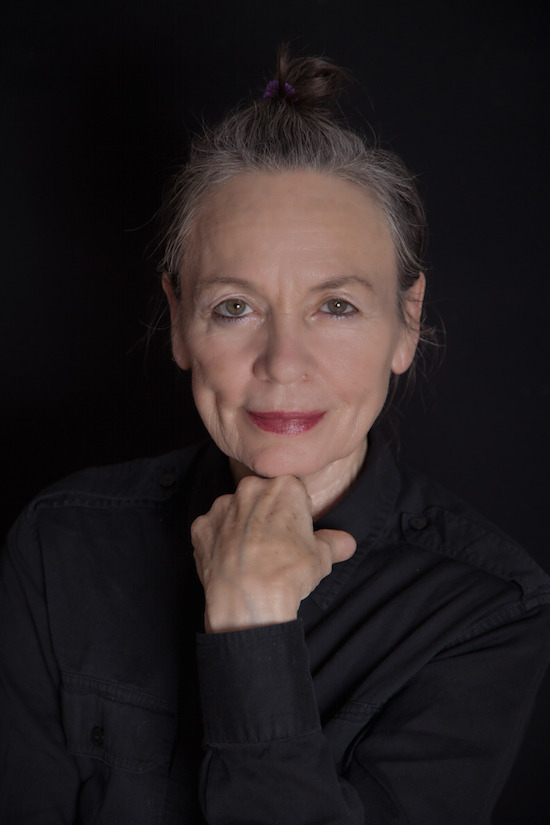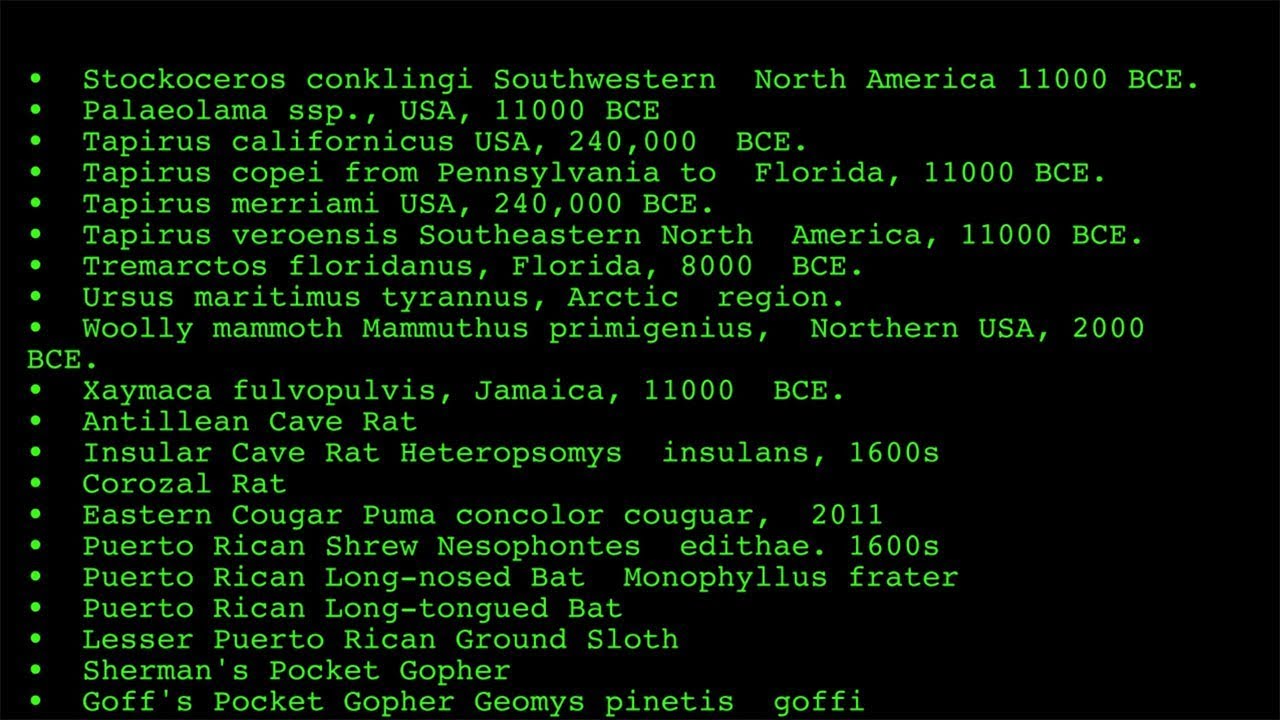The first recording collaboration between two of contemporary music’s most renowned figures is set for release next week as Laurie Anderson and new music ensemble Kronos Quartet prepare to unveil Landfall.
The collaboration has been nearly 30 years in gestation: “I think it was in 1989 that I first met Laurie and asked her if she’d be interested in writing for us,” says Kronos founder and violinist David Harrington. “It took many years and many conversations, then at a certain point it just felt right for her.”
The process of writing Landfall involved five lengthy sessions for the quartet and Anderson at her studios, experimenting with suggestions by Anderson and by the members of the quartet. “I wrote a lot of pieces and had [the quartet] play them and they came up with ideas as they were playing them,” says Anderson. David Harrington remembers the ensemble downing tools one afternoon and going together to hear Arundhati Roy speak at Occupy Wall Street.
Landfall was eventually premiered at the University of Maryland in 2013, but continued to grow and evolve as it was presented in concerts from London to Australia. “There were some ideas during performance that were straight-up improv,” says Anderson. “We were also dependent to some extent on the sound reinforcement of the theatre – there was one theatre which was mono, which was awful – [so] we made a series of compromises.”
The complex nature of the music is evident in the finished recording. Landfall juxtaposes electronics and strings with Anderson’s trademark spoken-word storytelling. Live performances also incorporate software which converts musical sounds into words and phrases projected onto a screen behind the stage. For the Kronos Quartet, whose list of collaborators encompasses many of the leading figures in late 20th- and early 21st-century music, working with Anderson has brought rich rewards.
“There have been magical performances [of Landfall] that feel like they say something we didn’t know we were capable of,” says Harrington. “The way the sound is developing and changing, the way the sound is so alive in its variety – there’s nothing like it in our recorded work.”
Harrington is glowing in his praise of Anderson as an artist and musician, describing her as “belonging in the same sentence as Henryk Gorecki, Astor Piazzolla or Morton Feldman, any of the most wonderful, visionary composers that we’ve ever worked with”. Harrington also pays tribute to arranger Jason Garchik and to producer and editor Scott Fraser who he says “did an absolutely incredible job of realising the ideas we all had and took it to a level that we couldn’t have imagined.”
The dominant theme in Landfall is that of loss. Although she had already begun writing at the time, Laurie Anderson says the work was much influenced by the serious flooding in New York City as a result of Hurricane Sandy, the topic “seeping in” to the music after the flood destroyed many of Anderson’s possessions – one such example of this can be found in ‘CNN Predicts a Monster Storm’, the video for which premieres above. “I was pretty far into the piece when I realised that it was really about [the hurricane],” she says. “It took a turn at that point and became much more about the hurricane and things that I lost.”
In the track ‘Everything is Floating’, which comes towards the end of the piece, Anderson describes the sight of the contents of her flooded basement floating in the water “dissolving, becoming junk” and observes “How beautiful, how magic and how catastrophic”. But she now has another word to evoke what she felt, and a more philosophical outlook: “I should have added ‘how convenient’, that would have been more truthful,” she laughs. “Signs are very powerful. When I lost all those things in the flood… the list of those things became almost as true and real as the things themselves, in fact it was better because it evoked them and I didn’t have to store them anymore.”
Anderson also found that Hurricane Sandy had an interesting effect on the popular consciousness, as the “swirl of words” from news outlets brought about rising hysteria. “The storm team were so ridiculously excited about it, they couldn’t stop talking about it – and this is the weather!” But she sees parallels in other news reporting too, such as the increasingly short-term and sensation-driven nature of politics. “We’re glued to our phones, scared we’re going to miss something. We’re drowning in our own stories. It’s just too much, too fast, too short, too idiotic, too sensational. And it’s making everyone I know completely crazy.”
As her possessions floated in her flooded basement, the other big loss suffered by Anderson during the period of Hurricane Sandy was that of her partner of 21 years, the musician Lou Reed, who died in 2013. In a moving obituary published by Rolling Stone soon afterwards, Anderson described Reed’s peaceful death in her arms and her great pride in “the way he lived and died”. Although he is not mentioned in Landfall, his loss looms large over a project which came of age as his life came to an end.
As the piece was written and workshopped, Reed was often present, although gravely ill. Harrington remembers that “we were rehearsing [Landfall] at the University of Maryland and Lou called out ‘Laurie this is fucking beautiful, don’t change a note’. I think in so many ways this piece is for him”.
Laurie Anderson and Kronos Quartet release Landfall via Nonesuch Records on February 16. Homepage photo courtesy of Canal Street Communications




